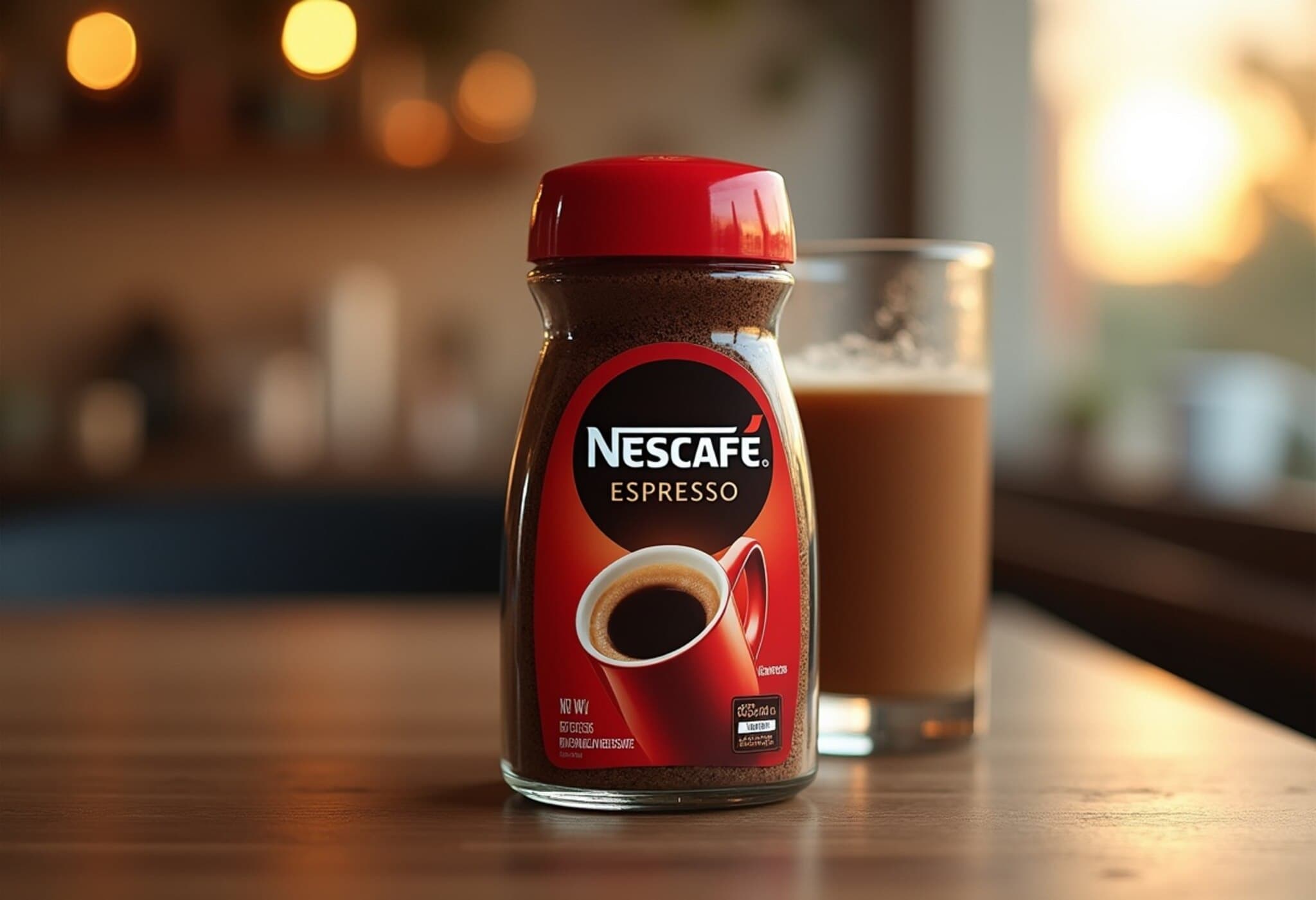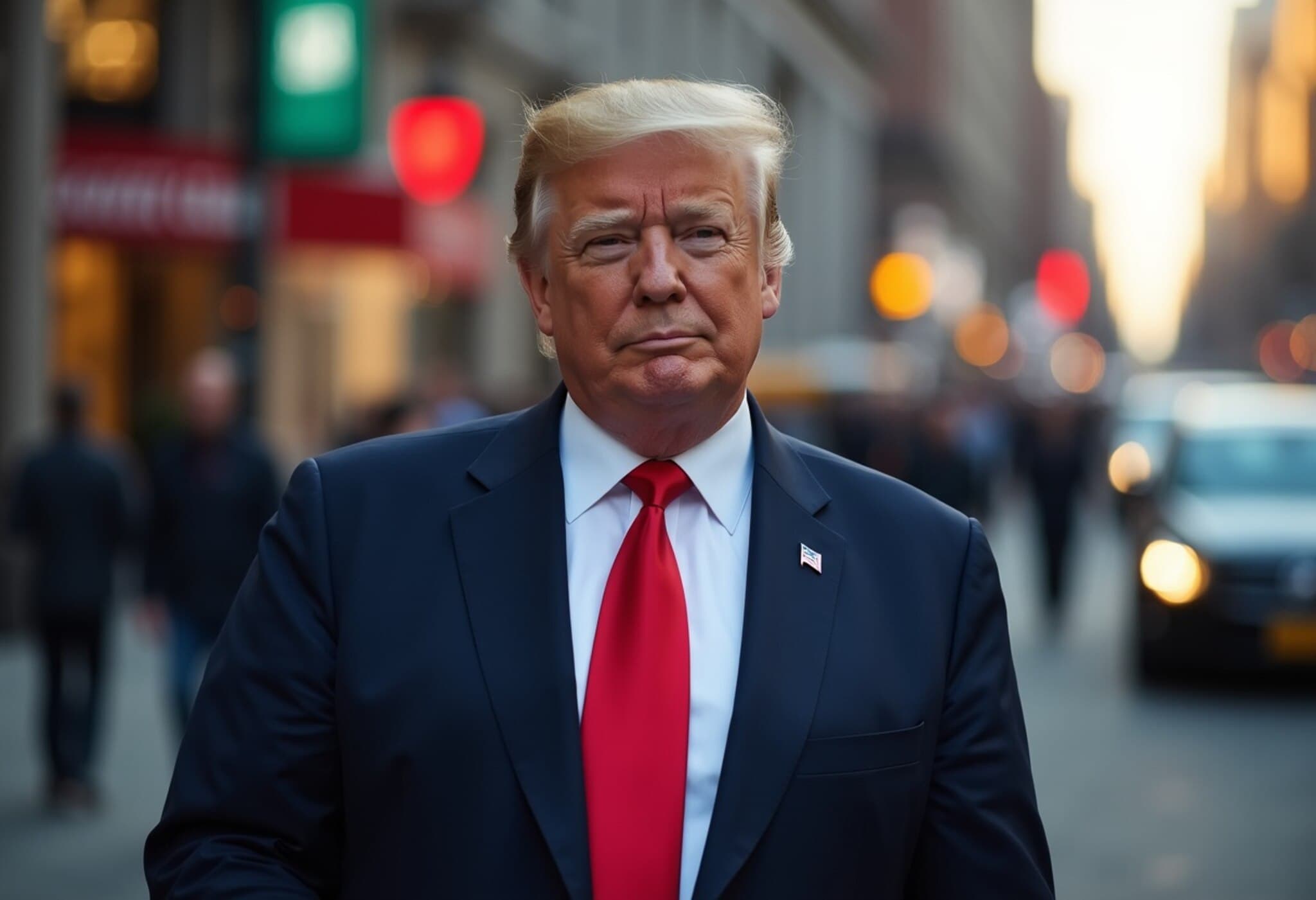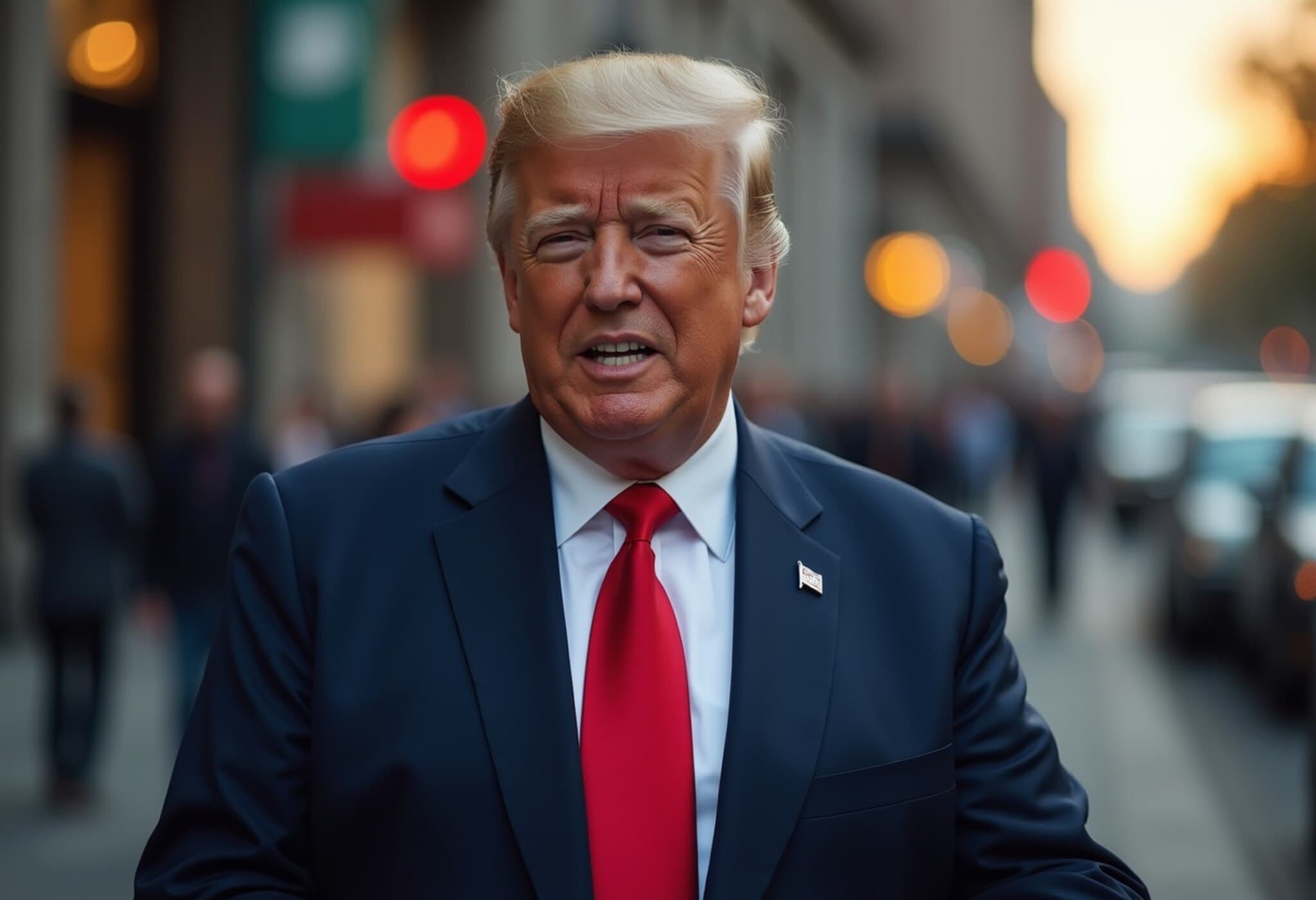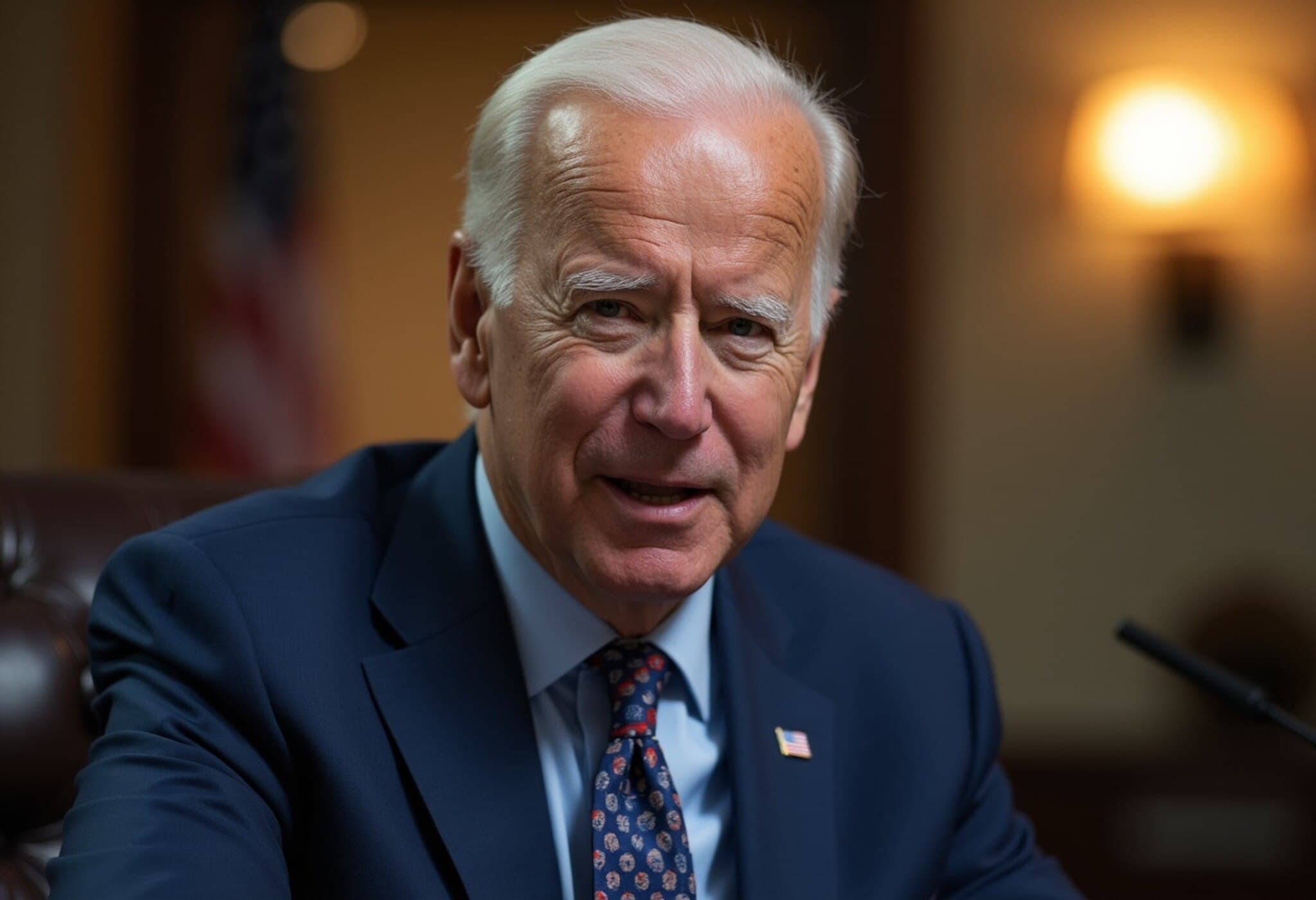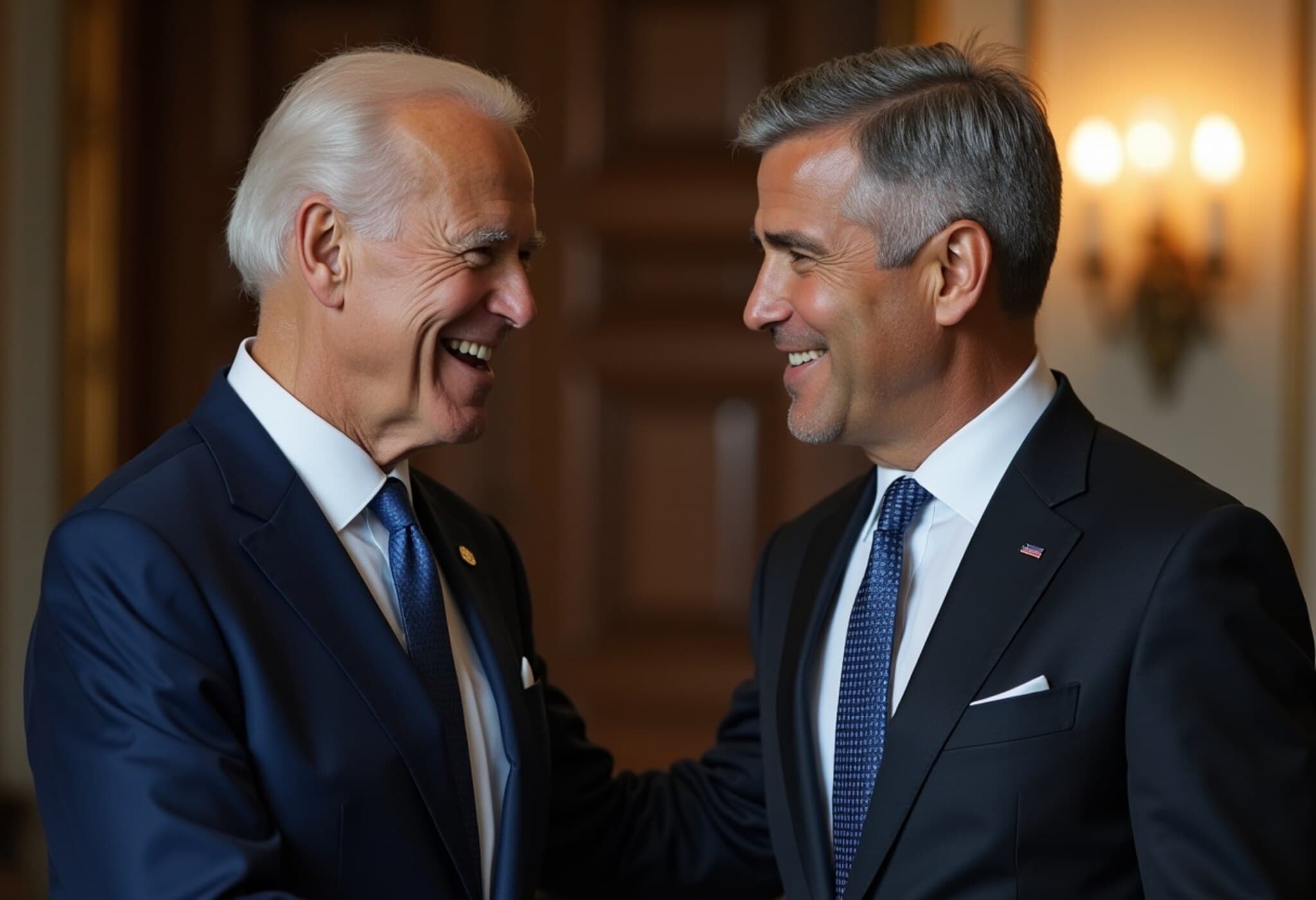Coca-Cola Unveils New Cane Sugar Version Following Presidential Claims
In a move sparking discussion across the beverage and political spheres, Coca-Cola announced the upcoming release of a new cola sweetened with cane sugar for the U.S. market. This announcement comes just days after former U.S. President Donald Trump publicly stated he had persuaded the company to replace high-fructose corn syrup (HFCS) in its recipe.
The Truth Behind Trump’s Claim
Last week, Trump posted on Truth Social that Coca-Cola had "agreed" to switch to cane sugar in its colas. However, clarifications from Coca-Cola’s recent quarterly earnings report reveal a nuanced picture. The classic Coca-Cola recipe currently sold in the U.S. will remain sweetened with HFCS, while the new cane sugar variant—scheduled for release this fall—will serve as a complementary option.
Interestingly, Coca-Cola has long offered cane sugar–sweetened sodas in certain regional markets, such as Mexico, where the product appeals to different consumer preferences. The new initiative could reflect a strategy to diversify choices and cater to evolving tastes among American consumers, who are increasingly mindful of ingredient sourcing and health implications.
Health and Economic Context of the Sweetener Debate
High-fructose corn syrup has been a staple sweetener for U.S.-made sodas largely due to its cost-effectiveness and domestic abundance. Cane sugar, though often marketed as more "natural," is generally pricier and less supported by U.S. agricultural subsidies. This economic backdrop explains why HFCS remains the dominant sweetener in mainstream American sodas.
Experts in nutrition and public health caution that regardless of the sweetener type, sugar-sweetened beverages contribute significantly to rising obesity and diabetes rates. The recent vocal campaigns led by figures like Robert F. Kennedy Jr., who serves as Health and Human Services Secretary following Trump’s administration, spotlight the health risks of high-fructose corn syrup specifically, labeling it a "formula for making you obese and diabetic." However, public health authorities maintain that reducing overall sugar consumption remains the key issue rather than swapping one sweetener for another.
Industry and Policy Insights
- Market Innovation: Coca-Cola’s new product launch reflects broader trends where beverage companies experiment with alternative sweeteners and formulations to meet shifting consumer expectations and regulatory pressures.
- Political Messaging vs. Corporate Strategy: Trump’s claim underscores the impact political figures can have in shaping public narratives around food industry practices, even when corporate decisions involve complex market analyses.
- Nutrition Debate: The discussion highlights ongoing challenges in U.S. food policy about balancing industry interests, agricultural subsidies, health outcomes, and consumer choice.
Ultimately, Coca-Cola’s reaffirmation that the traditional recipe will stay unchanged suggests market realities still heavily favor the economics of HFCS, even amid growing health concerns and high-profile political interventions.
What Does This Mean for Consumers?
For American consumers, having a cane sugar option may appeal to a niche market seeking perceived "natural" ingredients or traditional flavors. Yet, public health experts emphasize moderation over ingredient swaps, noting all sugar-sweetened drinks carry risks when consumed excessively. This development invites a more nuanced conversation about food industry innovation, consumer education, and regulatory frameworks.
Editor’s Note
The interplay of political influence, corporate strategy, and public health emerges clearly in Coca-Cola’s announcement. While the media spotlight often focuses on headline-grabbing claims like those of former President Trump, the underlying reality reflects complex economic and health considerations. As the American public navigates choices around food and beverage consumption, this episode offers a timely reminder that ingredient changes alone cannot resolve the broader diet and health challenges. Readers are encouraged to consider how market innovations and policy decisions intersect with personal health priorities and advocate for transparency and education in the conversation on nutrition.





